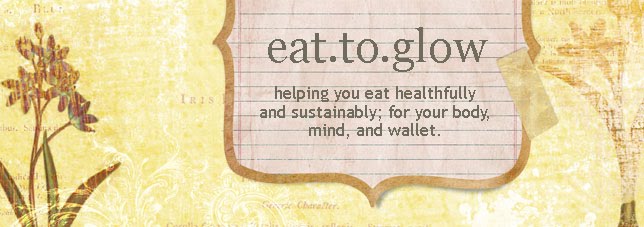As promised, I'm following up my "Mood Food" post with some supplements that are suggested for rebalancing brain chemicals. Supplements are a great alternative for medication if you're not ready to go that route, or you don't feel your symptoms are severe enough to warrant a prescription drug. Here's a quick run-down of some recommended supplements and their descriptions.
Photo Credit: House of Sims
Brain-Balancing Supplements:
1. Fish Oil - You can add brain health to the extensive list of reasons to take a daily fish oil supplement. Studies on fish oil have observed the following in people who consumed increased amounts of omega-3 fatty acids: improved mood, concentration, learning, IQ, slowed aging process, and reduced symptoms of depression. Why? Because EPA and DHA (2 types of omega-3 fatty acids) are the "building blocks" of brain structure and function. And it just so happens that fish oil is extremely rich in omega-3's. Here's a guide on how to pick a good fish oil.
2. L-theanine - This is a compound found in green tea, and is the reason you feel less caffeine-jitters after drinking a cup of green tea than after a cup of coffee. If you suffer from anxiety or panic attacks, L-theanine supplements may help your mind stop spinning and give you a chance to relax and calm down in stressful situations. Read more about L-theanine at these two sites: LA Times and naturalmedicine.suite101.com.
3. Probiotics - While these are primarily utilized for promoting digestive health, their ability to reduce inflammation throughout the entire body includes the brain, and less inflammation can have a big impact. There is also a growing interest among the medical community about the link between gut health and brain health (called the gut-brain axis) that gives you another reason to take care of your gut. Learn how to choose a probiotic here.
4. Miscellaneous - There are many other supplements that have evidence of alleviating certain mood disorders. Some of these are 5-HTP, L-tyrosine, DL-phenylalanine, SAM-E, and GABA. Despite some encouraging evidence, none of these have enough clinical evidence for me to feel comfortable promoting them here. If you'd like to learn more about them however, check out the following sources:
1. This is Your Brain on Joy by Dr. Earl Henslin
2. The Mood Cure by Julia Ross
3. University of Maryland Medical Center
4. Health.com
Sources:
This is Your Brain on Joy by Dr. Earl Henslin, LA Times, naturalmedicine.suite101.com, disabled-world.com, bodyecology.com
Monday, July 12, 2010
Subscribe to:
Post Comments (Atom)









No comments:
Post a Comment